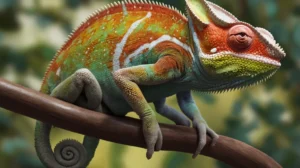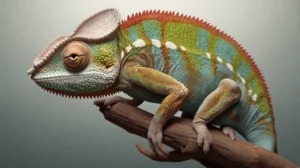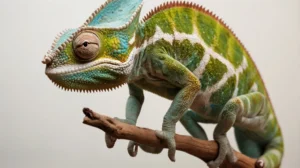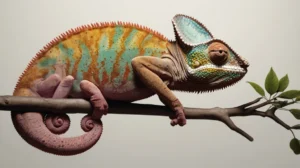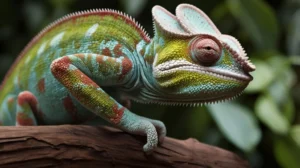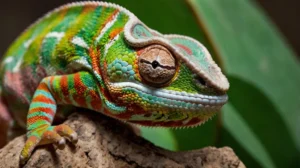Chameleons as Pets: The Vibrant Truth
Chameleons, with their incredible color-changing abilities, unique turret eyes, and prehistoric appearance, are undeniably captivating creatures. This allure often leads enthusiasts to wonder: Do chameleons actually make good pets? The answer isn’t a simple yes or no, as it heavily depends on the owner’s expectations, commitment, and understanding of their specialized needs.
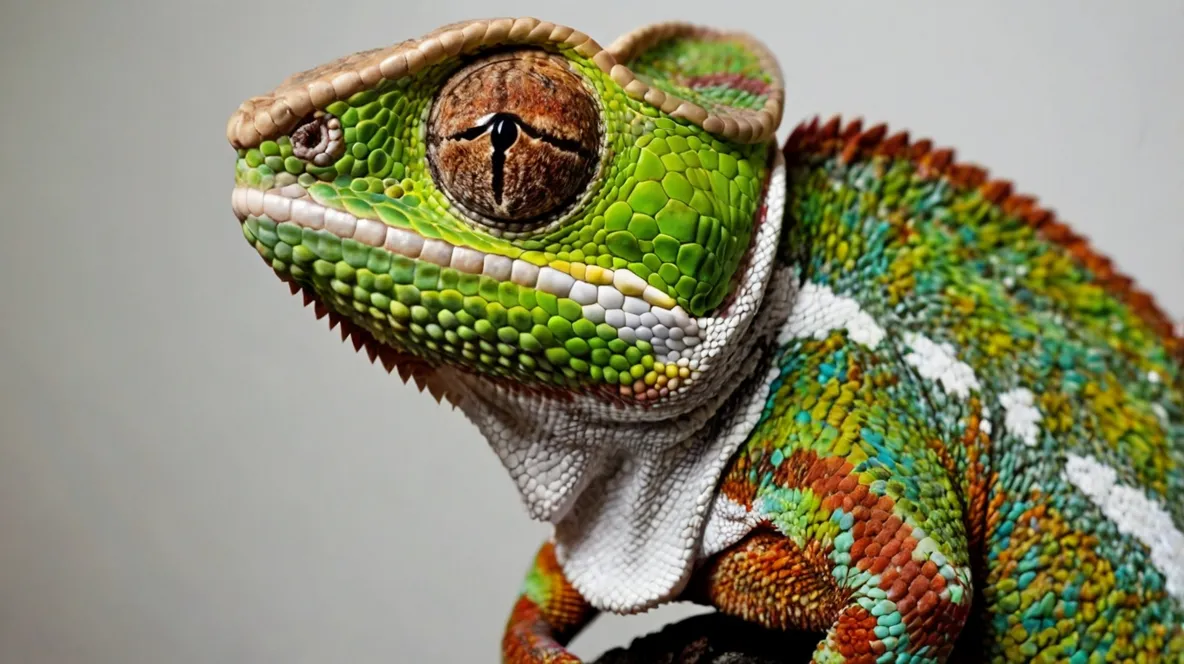
The Unique Appeal
There’s no denying the “wow” factor of a chameleon. They are visually stunning and offer fascinating behaviors to observe.
- Incredible Aesthetics: From the vibrant patterns of Panther Chameleons to the striking casque of Veiled Chameleons, they are living art.
- Fascinating Behavior: Watching them hunt with their projectile tongues, navigate branches with zygodactyl feet, or communicate through color change is highly engaging.
- Quiet and Unassuming: They are generally silent pets, suitable for apartment living.
These qualities make them appealing display animals for dedicated observers.
Demanding Care Requirements
This is where the “good pet” question becomes complex. Chameleons have very specific and non-negotiable husbandry needs that are far more demanding than many other reptiles.
- Specialized Enclosures: They require tall, screened enclosures for proper ventilation and climbing space, not standard glass tanks.
- Precise Environmental Gradients: Maintaining exact temperature ranges, humidity levels (often requiring misting systems), and species-specific UVB lighting (like high-output T5 tubes) is crucial. Failure here leads to health issues.
- Specific Diet and Hydration: They need a varied diet of gut-loaded insects dusted with appropriate calcium/vitamin supplements on a strict schedule. Hydration is primarily through dripping water, as they often don’t recognize standing water.
Husbandry is Non-Negotiable: Unlike some hardier pets, chameleons have little tolerance for incorrect care. Metabolic Bone Disease (MBD), respiratory infections, and dehydration are common results of improper husbandry. As noted in multiple case studies within publications like *Herpetological Review*, inadequate husbandry remains a primary cause of premature death in captive chameleons.
Temperament and Handling
Chameleons are generally solitary and easily stressed animals. They are not pets that enjoy or benefit from handling.
- Observation Pets: They thrive best when left undisturbed in their optimized environment. Their natural instinct is to hide or display defensive colors/posturing when feeling threatened.
- Stress Sensitivity: Frequent handling, incorrect environment, or even perceived threats outside the cage can lead to chronic stress, suppressing their immune system and appetite.
- Necessary Interaction Only: Handling should be minimal, reserved only for health checks or enclosure cleaning, using slow, gentle coaxing methods.
If you’re seeking a pet you can regularly hold and interact with, a chameleon is likely a poor choice.
Respect Their Nature: Understanding their solitary, stress-prone nature is key. Admire their beauty from a distance to ensure their well-being.
Lifespan and Commitment
Common pet chameleon species like Veiled or Panther Chameleons typically live 4-8 years with proper care. This represents a significant commitment, especially given their daily care needs (misting, feeding, monitoring environment).
- Daily Attention Required: Automated systems can help, but daily checks and maintenance are still necessary.
- Specialized Vet Care: Finding veterinarians experienced with chameleons can be challenging and potentially expensive. Preventative care through excellent husbandry is paramount.
The Verdict: Good Pet For Whom?
Chameleons can be rewarding pets, but only for the informed and dedicated enthusiast who:
- Has thoroughly researched the specific species’ demanding needs.
- Is prepared to invest significant time and money into the correct setup and ongoing care.
- Understands and respects their need for minimal handling.
- Derives enjoyment from observation rather than interaction.
- Is committed to providing consistent care for their entire lifespan.
For the average person seeking a low-maintenance or interactive pet, a chameleon is generally not a good fit. However, for the right owner, they offer a unique and fascinating window into the natural world.
